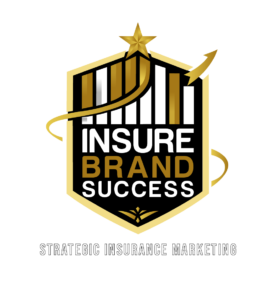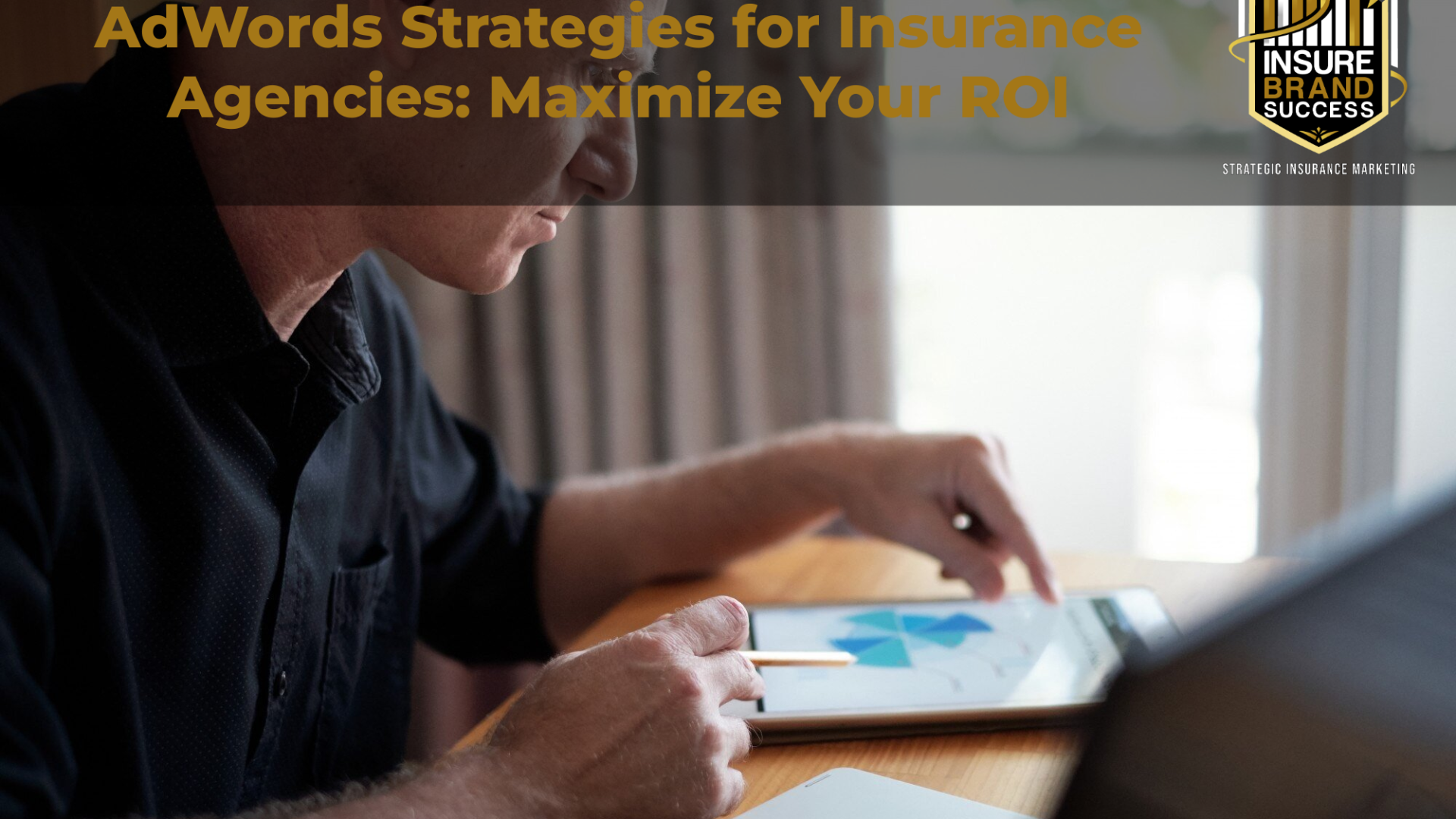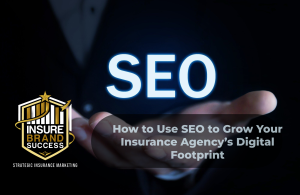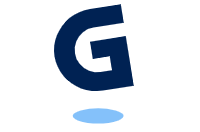Google AdWords has become an indispensable tool for insurance agencies aiming to boost visibility, drive high-quality leads, and maximize return on investment (ROI). With the right strategies, AdWords can help you connect with potential clients precisely when they need your services. This guide provides actionable insights to optimize your campaigns, reduce costs, and achieve measurable results.
Why AdWords Matters for Insurance Agencies
In a highly competitive industry like insurance, AdWords offers a unique advantage: instant visibility in search results. Unlike organic SEO, which takes time to yield results, AdWords delivers immediate exposure to a targeted audience. Key benefits include:
- Precise Targeting: Reach clients based on location, demographics, and even specific search queries.
- Cost-Effective Lead Generation: Only pay for actual clicks on your ads, ensuring your budget is used effectively.
- Measurable Results: Track performance metrics like impressions, clicks, and conversions to refine campaigns.
Explore how AdWords for Insurance Agencies can transform your lead generation efforts.
Crafting High-Performance AdWords Campaigns
To maximize ROI from AdWords, it’s essential to focus on strategy and execution. Here’s how to build campaigns that work:
1. Research and Select High-Value Keywords
Effective keyword selection is the cornerstone of a successful AdWords campaign. Start by identifying search terms your target audience uses when looking for insurance services.
- Long-Tail Keywords: Target phrases like “affordable auto insurance for families” or “best small business insurance agency near me.” These keywords are less competitive and more likely to convert.
- Negative Keywords: Exclude irrelevant search terms to avoid wasting your budget on unqualified traffic. For instance, if you don’t offer pet insurance, add “pet insurance” as a negative keyword.
Discover more about SEO for Insurance Brokers to complement your keyword strategy.
2. Write Compelling Ad Copy
Your ad copy is often the first interaction potential clients have with your agency. Make it count.
- Highlight Benefits: Emphasize what sets your agency apart, such as “Custom Plans for Your Business” or “Affordable Rates with Comprehensive Coverage.”
- Include a Call to Action (CTA): Phrases like “Get a Free Quote Today” or “Contact Us Now” drive immediate engagement.
- Use Ad Extensions: Add features like sitelink extensions, call buttons, and location information to make your ads more informative.
3. Optimize Landing Pages for Conversions
Driving traffic to your site is only half the battle; converting visitors into leads is where the magic happens. Ensure your landing pages are designed to convert:
- Consistency: Match your landing page content with the ad. If your ad promotes “affordable small business insurance,” the landing page should focus on that offering.
- Clear CTAs: Use prominent buttons like “Request a Quote” or “Speak to an Agent” to guide users toward action.
- Mobile-Friendly Design: With most searches happening on mobile devices, ensure your landing pages load quickly and display correctly on smaller screens.
Our Web Design for Insurance Agencies can help you create landing pages that deliver results.
4. Leverage Ad Targeting Options
AdWords offers robust targeting features to help you connect with the right audience.
- Geotargeting: Focus on specific regions or zip codes where your agency operates.
- Demographic Targeting: Tailor ads to specific age groups, income levels, or household statuses.
- Remarketing: Re-engage users who visited your site but didn’t convert by showing them relevant ads as they browse other websites.
Learn more about Insurance Marketing Strategies to combine AdWords with broader digital campaigns.
5. Monitor and Adjust Your Campaigns
The most successful AdWords campaigns are those that are continuously refined based on performance data.
- A/B Testing: Experiment with different headlines, CTAs, and images to see what resonates best with your audience.
- Bid Management: Monitor bids for your keywords and adjust them to maintain a competitive edge without overspending.
- Analyze Metrics: Use Google Analytics to track conversions, bounce rates, and other key performance indicators (KPIs).
Common Mistakes to Avoid in AdWords Campaigns
Even experienced marketers can fall into common traps when managing AdWords campaigns. Here are some pitfalls to avoid:
- Ignoring Negative Keywords: Not using negative keywords can lead to irrelevant clicks that waste your budget.
- Poor Landing Page Design: Sending traffic to a generic homepage instead of a tailored landing page reduces your chances of conversion.
- Overlooking Mobile Users: Failing to optimize for mobile can alienate a significant portion of your audience.
- Setting and Forgetting Campaigns: Regular monitoring and adjustments are crucial to maintaining performance.
Enhancing AdWords Campaigns with Complementary Strategies
AdWords is most effective when combined with other marketing efforts. Here’s how to integrate it into a broader strategy:
- Email Marketing: Use data from your AdWords campaigns to inform targeted Insurance Email Marketing efforts, nurturing leads and driving conversions.
- Social Media: Complement AdWords with targeted campaigns on platforms like Facebook and LinkedIn. Learn more about Social Media Strategies.
- SEO: Combine paid search with organic Insurance SEO Services to build long-term visibility.
AdWords Success Stories in the Insurance Industry
Case Study: Small Business Insurance Agency
A small business insurance agency in the Midwest implemented a targeted AdWords campaign focusing on long-tail keywords like “affordable small business insurance.” By optimizing their landing pages and leveraging remarketing, the agency achieved a 35% increase in qualified leads within three months.
Case Study: Auto Insurance Provider
An auto insurance provider used geotargeting and ad extensions to promote their services in specific regions. The campaign resulted in a 20% reduction in cost per acquisition (CPA) while increasing overall conversion rates.
FAQs
1. What is AdWords, and why is it important for insurance agencies?
AdWords, now known as Google Ads, is Google’s paid advertising platform that allows businesses to place their ads at the top of search results. For insurance agencies, this platform is invaluable because it provides immediate visibility for high-intent search terms like “affordable auto insurance” or “business insurance brokers near me.” This ensures your agency is seen by potential clients at the exact moment they’re searching for your services, making it a cost-effective way to generate high-quality leads.
2. How can insurance agencies improve their AdWords ROI?
To improve return on investment (ROI) from AdWords campaigns, insurance agencies should:
- Target high-value keywords: Focus on keywords that align with your most profitable services and client needs.
- Create compelling ad copy: Write ads that highlight your unique selling points, such as “free quotes” or “customizable plans.”
- Optimize landing pages: Ensure your landing pages are tailored to the ad, providing relevant content and a clear call-to-action (CTA).
- Refine campaigns: Use performance data to adjust bids, pause underperforming keywords, and test new strategies continuously.
3. What are negative keywords, and how do they help?
Negative keywords prevent your ads from showing up for irrelevant searches. For instance, if you’re targeting “life insurance,” you may want to exclude terms like “free life insurance” or “life insurance jobs.” This ensures you only pay for clicks from users who are likely to become clients. Using negative keywords helps reduce wasted spend, increases ROI, and improves the relevance of your campaign.
4. How does geotargeting work in AdWords?
Geotargeting allows you to display ads to users in specific geographic locations, such as cities, zip codes, or regions. This feature is particularly valuable for insurance agencies that operate in specific areas. For example, you can target users in your service area while excluding regions where you don’t operate. This ensures that your budget is spent on reaching the most relevant audience, maximizing efficiency.
5. What is remarketing, and how can it benefit insurance agencies?
Remarketing is a strategy that shows your ads to users who have previously visited your website but didn’t convert. This tactic keeps your agency top-of-mind as these potential clients browse other websites, increasing the chances they’ll return to complete an action, such as requesting a quote. Remarketing is especially useful for nurturing leads and encouraging repeat visits, making it a powerful tool for insurance agencies.
6. Should I focus on AdWords or organic SEO?
A balanced approach is ideal. AdWords provides immediate visibility and fast results, making it an excellent tool for generating leads quickly. Organic SEO, on the other hand, focuses on long-term growth by improving your website’s rankings and credibility in search engines. Combining both strategies ensures you capture both short-term opportunities and long-term success. Learn more about SEO for Insurance Brokers.
7. How do I measure the success of my AdWords campaigns?
Success in AdWords is measured through key performance indicators (KPIs), such as:
- Click-Through Rate (CTR): Measures how often users click on your ad after seeing it.
- Cost Per Acquisition (CPA): Indicates how much it costs to acquire a new lead.
- Conversion Rate: Tracks the percentage of users who take a desired action, such as filling out a form or calling your agency. Tools like Google Analytics and Google Ads’ built-in reporting features help you track these metrics and refine your campaigns.
8. Are landing pages necessary for AdWords campaigns?
Yes, landing pages are crucial for AdWords success. Tailored landing pages provide users with a focused experience that aligns with your ad’s message. For instance, if your ad promotes “home insurance,” the landing page should offer information specifically about home insurance, along with a clear CTA like “Get a Free Quote.” This relevance improves user engagement, increases conversions, and lowers your cost per click (CPC).
9. What role do ad extensions play in AdWords?
Ad extensions enhance your ads by including additional information, such as:
- Call extensions: Allow users to call your agency directly from the ad.
- Location extensions: Show your business address and direct users to Google Maps.
- Sitelink extensions: Provide links to specific pages on your website, such as “About Us” or “Request a Quote.” Ad extensions make your ads more informative and engaging, increasing their effectiveness and click-through rates.
10. How can Insure Brand Success help with AdWords campaigns?
At Insure Brand Success, we specialize in digital marketing strategies tailored for insurance agencies. Our team helps you maximize your AdWords ROI by:
- Conducting in-depth keyword research.
- Creating high-converting ad copy and landing pages.
- Continuously monitoring and optimizing campaigns.
- Ensuring compliance with industry standards and guidelines. By leveraging our expertise, your agency can focus on what it does best—serving clients—while we handle the complexities of digital marketing.
Achieving Success with AdWords
By using these strategies, insurance agencies can leverage AdWords to drive high-quality leads, improve ROI, and grow their business effectively. If you’re ready to elevate your campaigns, reach out to Insure Brand Success for personalized guidance and measurable results. For additional insights, explore Google Ads Help or tools like SEMrush to refine your strategies.
Start building your AdWords success today!






